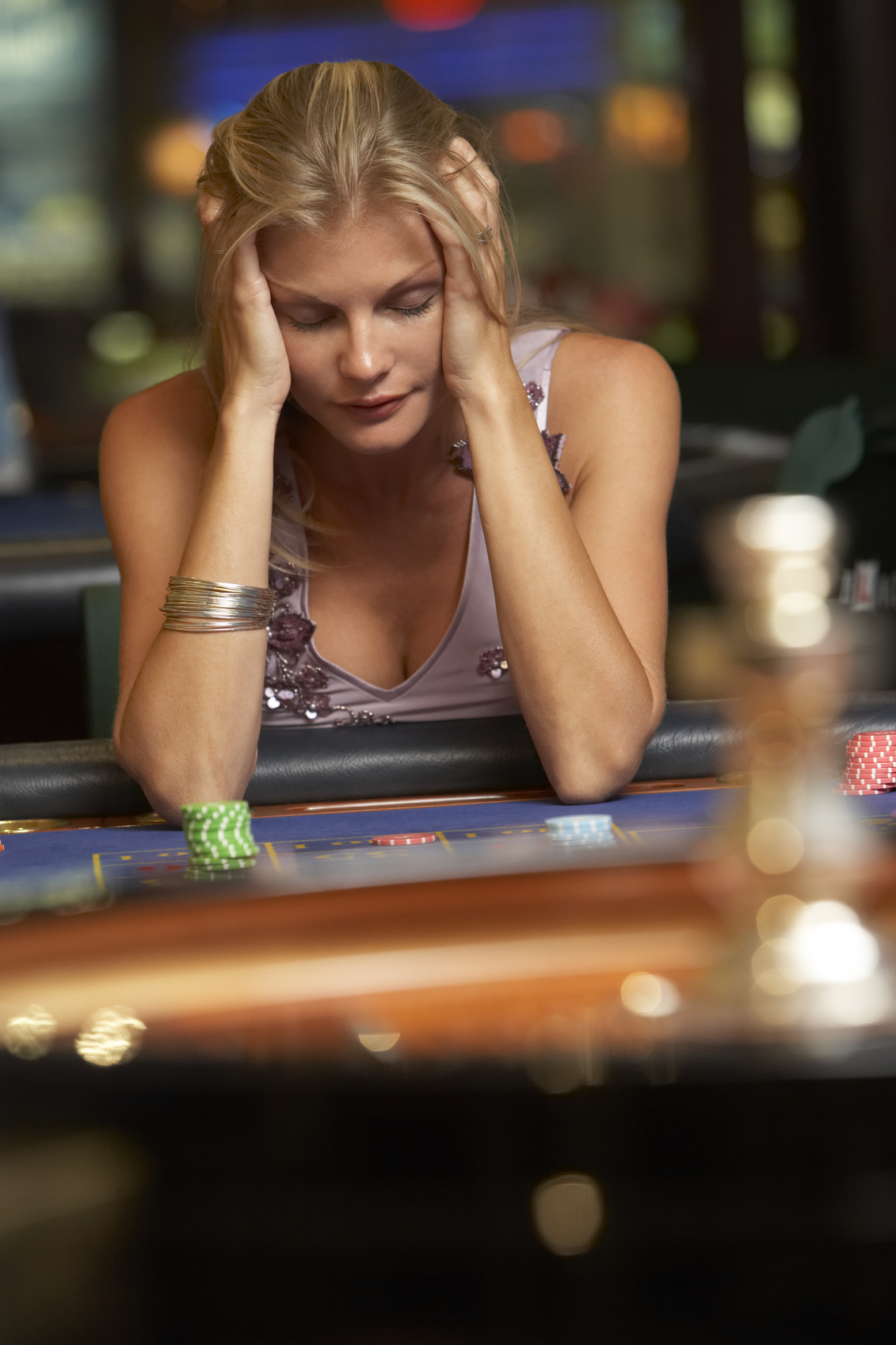Counseling For Your Mental Well Being
What is Problem Gambling?
Problem gambling, sometimes referred to as compulsive gambling, refers to a progressive behavior in which a person develops an undesirable, uncontrollable preoccupation with, and urge to, gamble. The compulsion is related to imbalances in brain chemistry that occur for some people when they experience the physical effects of released endorphins - the risk taker’s high and the thrill of beating the odds.
Nearly 90% of the population has participated in some form of gambling. For most, it’s an occasional recreational pursuit - an evening at the casino, a poker game with colleagues from work, or killing some time online playing slots or betting on the big rivalry game. But for others, those occasions turn into everyday activities - impacting their ability to focus at work, pulling them away from family & friends, and threatening their financial security.
What types of gambling can lead to a compulsion?
All types of gambling, regardless of how high the stakes, can progress to problem gambling:
- Sports team betting - including online
- Casino-based gambling - slot machines, sports wagering, card and table games
- Race betting - greyhound, horse, cars, etc.
- Online and social site gaming
- Lottery tickets and scratch offs
How do I know if I, or someone close to me, has a problem?
10 Signs of Problem Gambling Behavior:
- You have often gambled longer than you had planned.
- You have often gambled until your last dollar was gone.
- Thoughts of gambling have caused you to lose sleep.
- You have used your income or savings to gamble while letting bills go unpaid.
- You have made repeated, unsuccessful attempts to stop gambling.
- You have broken the law or considered breaking the law to finance your gambling.
- You have borrowed money to finance your gambling.
- You have felt depressed or suicidal because of your gambling losses.
- You have been remorseful after gambling.
- You have gambled to get money to meet your financial obligations.
- National Council on Problem Gambling 2007
How does treatment work?
Dr. Damon Dye is specifically certified in treatment tools and methods designed to help clients understand the underlying conditions that have impeded their ability to manage the urge to gamble, and to make the necessary adjustments to address the compulsion and build the skills necessary to avoid gambling activities altogether, or to manage betting safely as a recreational activity.
Treatment begins with an assessment to customize the best approach for the client. Dr. Dye uses a holistic approach to develop gambling specific strategies while acknowledging the traumatic impact that surrounds problem gambling. The protocol will often include sessions with spouses and family members who have experienced the trauma as well, with the hope that family units and support networks can be engaged in the healing process. Additionally, treatment is available for spouses and families, even if the problem gambler isn’t ready yet.
Are there other services available to support individuals and communities looking to create more positive environments associated with gambling?
Dr. Dye is committed to promoting healthy practices around responsible gambling across communities and is available as a coach, consultant, or speaker. Topics and approaches can be customized based on the audience, and additional materials and resources can be requested to tailor the services.

